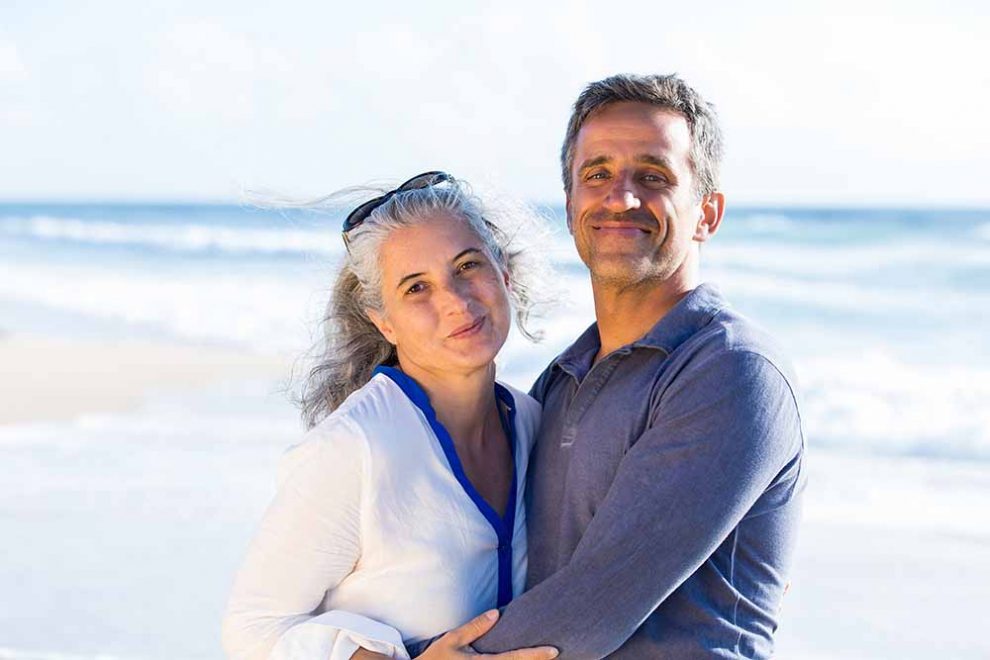More than 80,000 lives would be saved by 2040 if participation in the national bowel cancer screening program increased by 20 per cent, modelling estimates.
An Australian study published in The Lancet Public Health journal estimated the benefits and cost-effectiveness of Australia’s National Bowel Cancer Screening program between 2015-2040.
At the moment only around 40 per cent of those who are eligible for bowel screening participate in the program. At that level, an estimated 59,000 deaths will be prevented by 2040.
Director of research at Cancer Council NSW, professor Karen Canfell says an additional and 24,800 deaths could be averted if participation rose to 60 per cent.
“This means that if just 20 per cent more Australians participated in the program, 83,800 lives could be saved between now and 2040,” Canfell said.
The primary aim of bowel screening is to detect cancer at an early stage to improve survival. Canfell says the national program has the potential to be one of the greatest public health success stories in Australia.
“It’s that simple but it relies on people that receive the test in the mail actually having the test,” Canfell said.
Bowel, or colorectal, cancer is the third most common cancer in Australia and the second most common cause of cancer death. The lifetime risk of developing the disease before the age of 75 is around one in 19 for men and one in 28 for women.
Risk factors for bowel cancer include older age, polyps, bowel diseases, strong family history and rare genetic disorders.
Making lifestyle changes such as loosing weight, eating a healthy diet with minimal red meat, quitting smoking and limiting alcohol consumption can all reduce the risk of bowel cancer.
However, participating in the screening is the best decision a person can make to prevent dying from bowel cancer, Canfell said.
“It’s quite simple, you can do it safely and privately and it really will save a huge number of lives.”
Source: AAP





















Add Comment